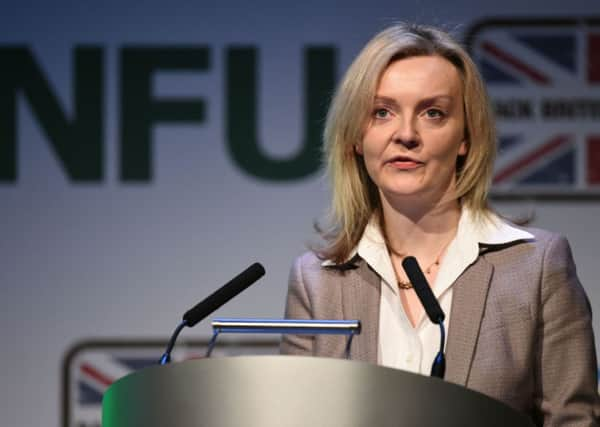Comment: Just what do you mean there's no plan for agriculture outside the EU?


This is a monumental decision which should not be clouded on the basis of a narrow agenda. The campaigning over the coming months will doubtlessly intensify on the issue of immigration but it would be shameful of this government not to explain the whole picture - including how a so-called ‘Brexit’ will change trade, labour and regulatory rules affecting industry, and, as far as farming is concerned, how much and in what way would the Treasury be prepared to provide firm economic support for agriculture in the way that the European Commission’s Common Agricultural Policy does.
Of course, it is widely suggested that farming will have to rely less and less on subsidies, one way or another, but a sharp, swift tug of the carpet from beneath an industry already managing on a knife edge, by vastly reducing payments or ending them, would have major implications for agriculture - an industry that is in part so heavily subsidised because it is one which is tasked with sustaining our natural world and is depended upon to feed us.
Advertisement
Hide AdAdvertisement
Hide AdDave Harrison, the European region manager for Beef and Lamb New Zealand, was one of the speakers at the NFU’s Northern Beef and Lamb Conference this week - an event covered in more detail on page five. He told of how Australia’s agricultural industry spent years in the doldrums when its subsidies were taken away in 1985.
As a consequence, between 1990 and 2015, sheep numbers dropped by 48 per cent and beef cattle by 20 per cent. The response there was to chase efficiencies across the farming sectors and Mr Harrison said Australian farmers were “still in a place where we need to make more money” even now.
This is not taking sides either way, but there is a clear need for more of these experiences to be shared and analysed by greater minds than mine. The Australian experience is not directly comparable and the perspective of Mr Harrison is that of one man. But, what is certain, is that only with a clear view of how farming might function out of the EU can we make a rational decision of our own.